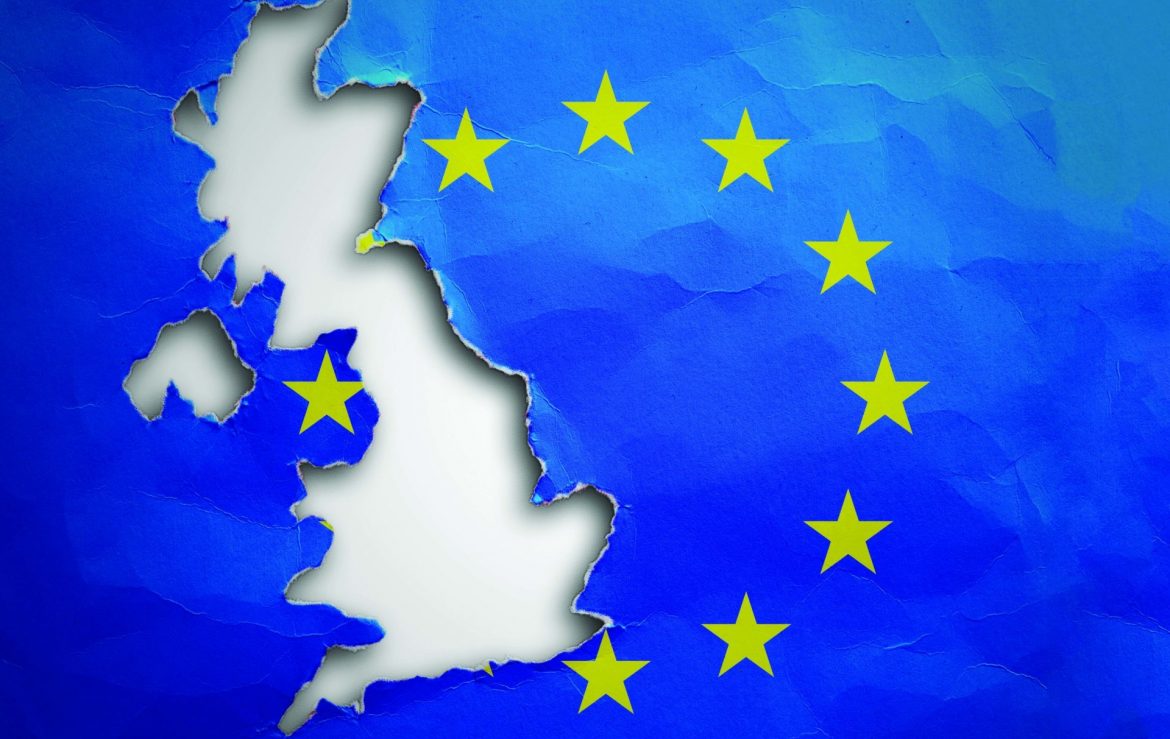The European Union (EU) has for long been regarded as a successful model of regional conglomerate, especially after the large expansion (28 nations) but the British vote in favor of exiting the EU in 2016 raised compelling questions about EU future. Despite stumbled Britain’s EU exit over differences about exit terms and conditions the landslide win by the Conservative Party under Boris Johnson in the December 2019 elections gave Johnson a rock-solid mandate to exit EU by 31 January 2020, especially after bagging the biggest 365-seat win for the Conservatives since Margaret Thatcher’s win in 1987.
EU Brexit, a strong blow to the European Union considering Britain’s economic and political weight, translates into losing 12.5% of population, 15% of economic prowess and 73 seats in the European Parliament. EU Brexit will, moreover, form a cross-Atlantic Anglo-American trade pact against the European Union, which will definitely undermine EU-US relations, considering the fact that Britain’s EU stay would have mitigated US stand against EU.
The EU Brexit referendum revealed that the negative attitude toward the EU was not restricted to Britain, but extended to include some other European nations. Pew Research Center June 2016 questionnaire showed that the majority of respondents were against the EU: 71% in Greece and 71% in France, while EU public support in the latter dwindled to 17% between 2015 and 2016, and that the EU lost 16 % and 6% in Spain and Italy respectively during the same period.
Challenges facing the EU do not just stop there. They extend to include:
Rising populist currents in many European countries which take an unfavorable stand vis-à-vis the EU because of their narrow patriotism-based inclinations. Many of these currents managed to join the European parliaments, which helped their leaders coordinate their efforts inside EU institutions. One such leader is Marie Le Pen, President of the National Rally in France who voiced repeatedly her wish that her country exit the EU and promised a Brexit-style national referendum be held in case she made her way through the Elysees. Another example is Geert Wilders, Leader of the Party for Freedom in Holland, who called for EU exit.
Widening gap among EU nations over many issues, which was clear during the past few years, with regard to migration, relation with Russia and foreign policy in general. It prompted the Luxembourg Foreign Minister to say in July 2018 that the EU was at risk as some member states lost their faith in inter-dependence.
US President Donald Trump’s stand against the EU which encourages Brexit. Trump prefers to deal with the European nations on individual basis rather than in a conglomerate to exercise pressure in trade negotiations. During his visit to Britain in June 2019 he urged a unilateral Brexit and said he was ready to sign a trade agreement and stronger economic alliance with London. He, moreover, urged Britain to not pay financial entitlements to the EU.
Some maintain that EU dramatic expansion, especially by including many Eastern European countries, was one of the reasons which undermined, and led to the disintegration of, the EU, whose expansion was previously regarded as an asset. The nay-sayers cited varying values between western and eastern European countries. The latter ones resented the absence of peer-to-peer treatment on the part of their western counterparts within the EU.
Accordingly, a paper was submitted by the European Commission in March 2017 about EU future. Several scenarios were offered: follow the same course, revive the Common Market (trading bloc) formula, Coalition of the Willing (converting the EU into marginal blocs of homologous nations capable of working together), cooperation relativity (broaden scope of cooperation in areas of agreement and narrow scope of cooperation in areas of disagreement) and develop EU and boost inter-cooperation.
The EU is, no doubt, facing a set of complex issues which led it to lose the steam it used to maintain for many years. It is true that the EU lost its prowess and influence on the international stage but the following considerations make it hard to believe that Brexit could lead the EU to crumble:
Britain used to maintain a special status within the EU. Affiliation was never perfect (it refused to join the common European currency) and was always closer to the United States than the EU.
Certain European countries, like France and Germany, are adamantly devoted to a durable coherent EU. These nations will do whatever it takes to maintain the EU during the forthcoming stage. The French President, Emmanuel Macron, who maintains the view to develop, energize and reform, the EU wrote in an article which was published in March 2019 arguing “We cannot allow zero-solution nationalists to take advantage of public anger”. He offered a number of EU reform proposals to establish a European agency for protecting EU member states’ elections against cyber-attacks and manipulation, place an embargo on financing political parties by foreign powers, incriminate hate speech across the internet, reform Schengen free travel zone, etc.
Some argue that EU Brexit will deepen a sense of insecurity about EU future, thus likely boosting solidarity and unity among member states.













